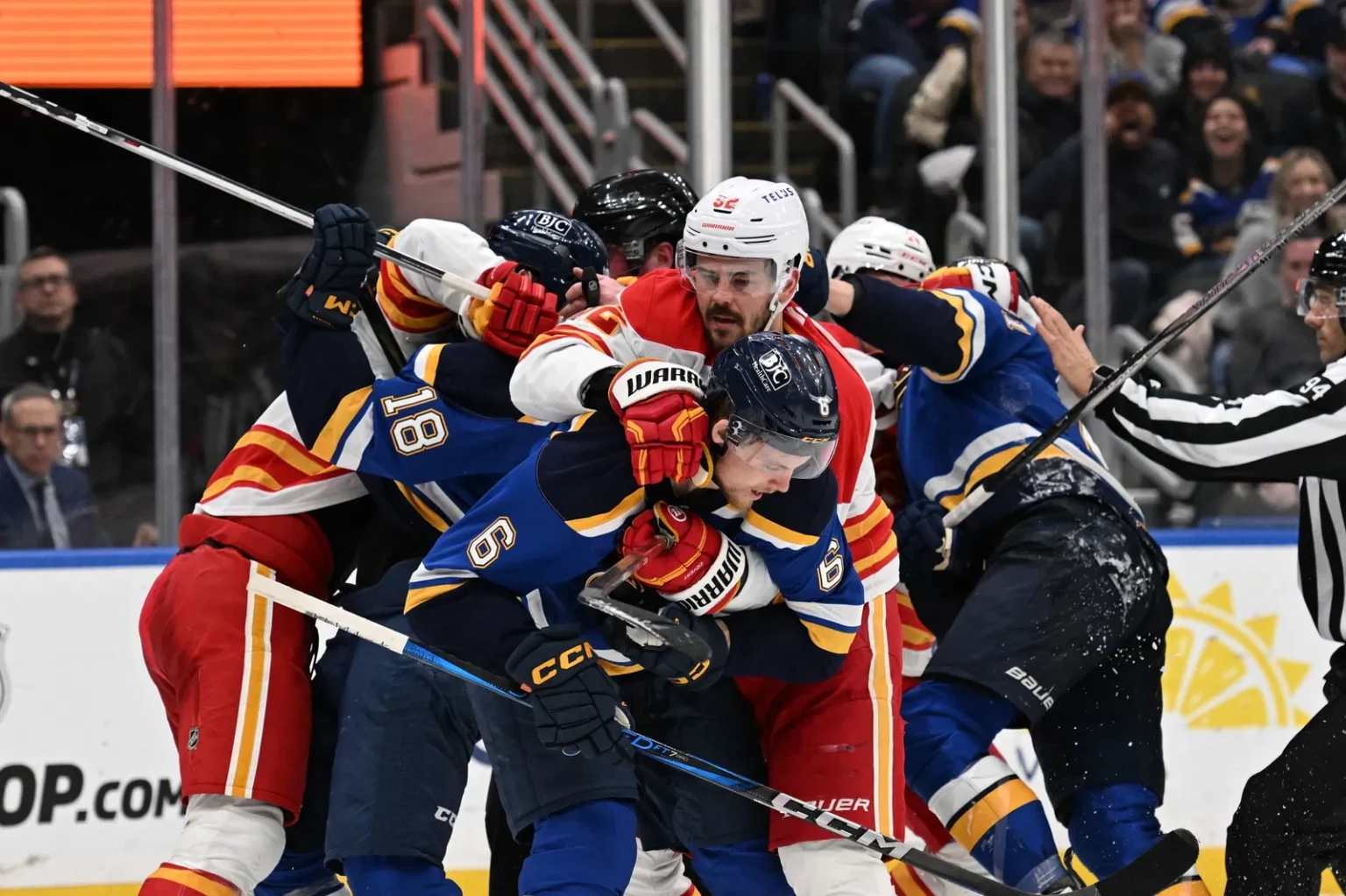In comments he made before Game 1 of the Stanley Cup final Wednesday night in Edmonton, NHL commissioner Gary Bettman dismissed the concept of a play-in round of the post-season.
“We had a play-in,” Bettman said. “Did you know that three clubs’ positions in the playoffs weren’t determined until the last game that they played in the regular season?”
That’s accurate – the league did have some teams in the Eastern and Western conferences fight for one of the final wild-card playoff berths right through the final days, just like there were many more games where nothing was at stake.
The biggest difference between having a play-in round and the status quo is the former is guaranteed to have more meaningful games.
If you’re adding more teams to the playoff mix with a play-in round, you’re guaranteed to have a heightened level of drama and interest. There are more playoff spots available, and there will still be battles for them in the regular season. And more playoff teams equal more playoff interest equals more eyeballs on the entertainment product you’re tasked with selling.
There’s a legitimate reason why the NBA and MLB expanded their playoffs. It’s not like they did so for the heck of it.
So while Bettman can argue that the current system works well, we’re talking about a change that leads to a system that could generate better business for the NHL.
If the NHL expands to 34 teams, not every division will have the same number of teams. Moving to a structure where teams have to fight for the final couple of traditional playoff spots – the seventh and eighth seeds – will be far more preferable to the current setup.
The NHL should aim to have as few late-season games as possible that are utterly devoid of excitement. Those types of games will always happen, no matter what the format is, but with a play-in round, you know more markets will have games they can sell out and use for greater TV and fan saturation.
Play-in systems even reward teams at the top of their division for regular-season success even more because they’d get a chance to rest up, but they also address the ultra-thin line between playoff teams and teams that just miss the cut in a traditional playoff structure.
When it works for other sports leagues in the entertainment business, there’s no reason it can’t work for the NHL. So it feels like only a matter of time before the league gets there.
Get the
latest news and trending stories by following The Hockey News on Google News and by
subscribing to The Hockey News newsletter here. And share your thoughts by commenting below
the article on THN.com.
Read the full article here



